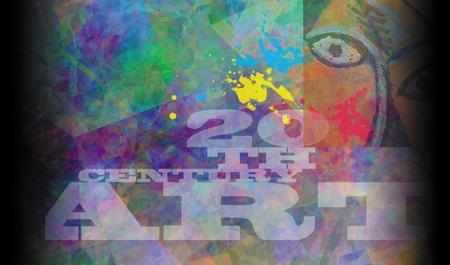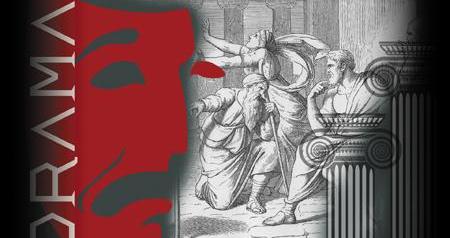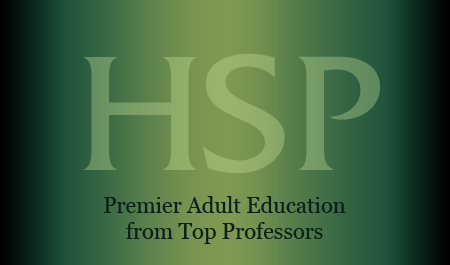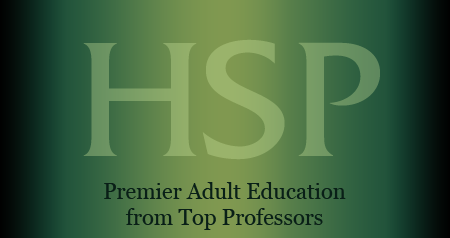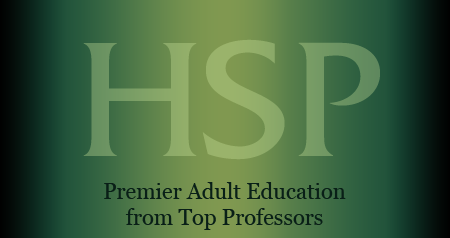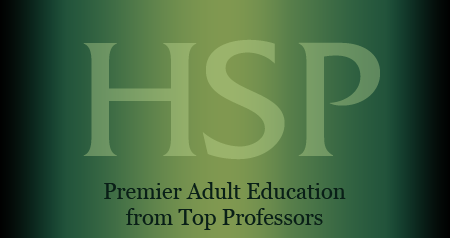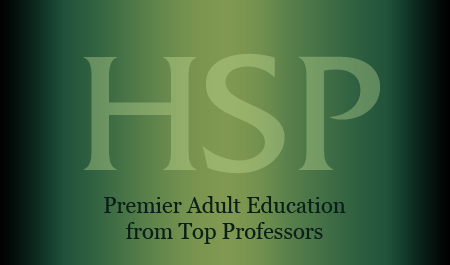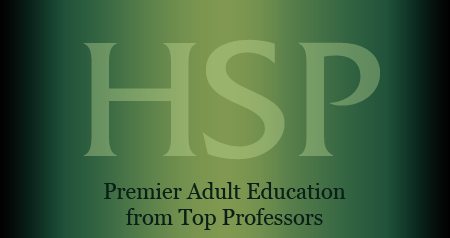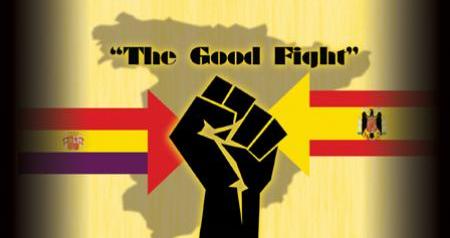Course Archive
Spring 2012
Paul Ivey
MONDAYS
9:00 a.m. to 12:00 p.m.
Jan 23 to Apr 2
This course examines the fundamental issues and theories surrounding the art production and reception of Modern Art in Europe and America through the twentieth century. Framed by discussions of Post-Impressionist painting of the 1880s and the Post-Modern pluralist art of the 1980s, we will examine how theories of human nature, art, and spirituality informed the creation and interpretation of painting, sculpture, architecture and mixed-media works in their specific cultural, social and political arenas. This class will trace two major tendencies in Modern Art in a basically chronological...
Bella Vivante
FRIDAYS
9:00 a.m. to 12:00 p.m.
Jan 20 to Mar 29
After 2500 years, Ancient Greek Drama still fascinates modern audiences. In this course students will explore the interactions between the ancient and modern. By reading ancient Greek plays or poems and reading or viewing a modern play or film based on the ancient, students will discuss the themes and ideas prevalent in the ancient, how these are treated in the modern versions, and why these ancient themes still appeal to dramatists, cinematographers and their audiences. The modern versions are selected for the thought-provoking perspectives they provide on their ancient forerunners. These...
Fall 2011
Jonathan Overpeck
WEDNESDAYS
1:00 p.m. to 3:00 p.m.
Oct 19 to Nov 9
This course will give students an understanding of how the Earth’s climate changes naturally, as well as how humans are driving this change. We will explore what is likely to happen in the future, resulting both from natural change and change driven by the human-caused rise of greenhouse gas concentrations in the atmosphere and other influences. We’ll cover the physical climate system, how it interacts with water, landscapes and ecosystems, and what the options are for dealing with the change, both in terms of adaptation and reducing greenhouse gas emissions. Although the course will steer...
Scott Lucas
WEDNESDAYS
from 10 a.m. to 12 noon
Oct 5 to Dec 14
This course explores the beliefs and cultures of Islam and the Muslim world. It covers the life and teachings of Muhammad, major themes of the Qur’an, and the primary differences between Sunni and Shi’i Muslims. It also introduces aspects of Muslim cultures in the Middle East and South Asia in order to demonstrate the plurality of traditions within the religion of Islam. It concludes with a review of American foreign policy in the Muslim world over the past half century and its impact on Muslim-American relations.
Mike Lippman
TUESDAYS
9:00 a.m. to 12:00 p.m.
Oct 4 to Dec 13
This course tracks the downward spiral of the Roman Republic and the rise of the Roman Empire, starting from around 146 BC when Rome first firmly established herself as the world power and continuing through the Battle of Actium of 31 BC, where Octavian established his sole reign as ruler of the Mediterranean.
The main focus will be on primary ancient texts. We will read contemporary authors like Cicero (his orations and his personal letters), the historian Sallust and the campaign accounts of Julius Caesar. We will also read the later biographer Plutarch, whose Lives draw out timeless moral...
John Wilson
MONDAYS
from 9 a.m. to 12 noon
Oct 3 to Dec 12
With an eye to the esthetic qualities of the human body in motion, this course surveys diverse forms of dance in many cultures of the world in order to deepen our appreciation of the spiritual, emotional, and intellectual dimensions of this universal mode of expression. We begin with studying how and why the human body is uniquely designed for dancing. We continue with the study of rhythm as a psycho-kinesthetic phenomenon and observe how dance, song, and poetry arise in the same experience. We then trace the evolution of dance forms from spiritual to classical, folk, social, vernacular, and...
Norman Austin
FRIDAYS
from 9 a.m. to 12 p.m.
Sep 30 to Dec 16
Travels in Consciousness, taught by Norman Austin, Professor Emeritus of the Department of Classics, will explore the history of consciousness as reflected in a variety of texts. Readings will range widely, from Bronze Age Greece to American authors of the Twentieth Century. By “consciousness” is meant the ways in which individuals conceive of themselves and their world; it has to do not only with thought but also with feeling, volition, and behavior. So regarded consciousness constitutes individual identity and defines the human condition. After an introductory presentation at the first...
Jerry Hogle
Dec 30
Gothic literature, theater, and (more recently) films have been a part of Western culture for over 250 years and have presented us, in disguise, with heightened -- and sometimes lurid and monstrous -- symbols of what really haunts us as a culture in our individual, social, and cultural sub-conscious.
This course will look at how the Gothic began as a literary form in the 1760's, how and why it has changed as a mode of fiction over time, and the ways in which it draws out repressed levels of belief and feeling in our culture. By the end, we will try to answer a basic question: What is this...
Fall 2012
Malcolm Compitello
Dec 30
The Spanish Civil War (1936-1939) or The Good Fight, as was it was commonly called on the left, was democracy's first major confrontation with fascism. Its indelible mark on Spain and on the international community is still felt today. This course will look at the war, its impact and rich international intellectual legacy. The examination of the war will begin with a consideration of it from the Spanish perspective, uncovering the deep tensions in Spanish society and politics that led up to the armed conflict. From there our analysis will move to the conflict's prosecution and the war's...


